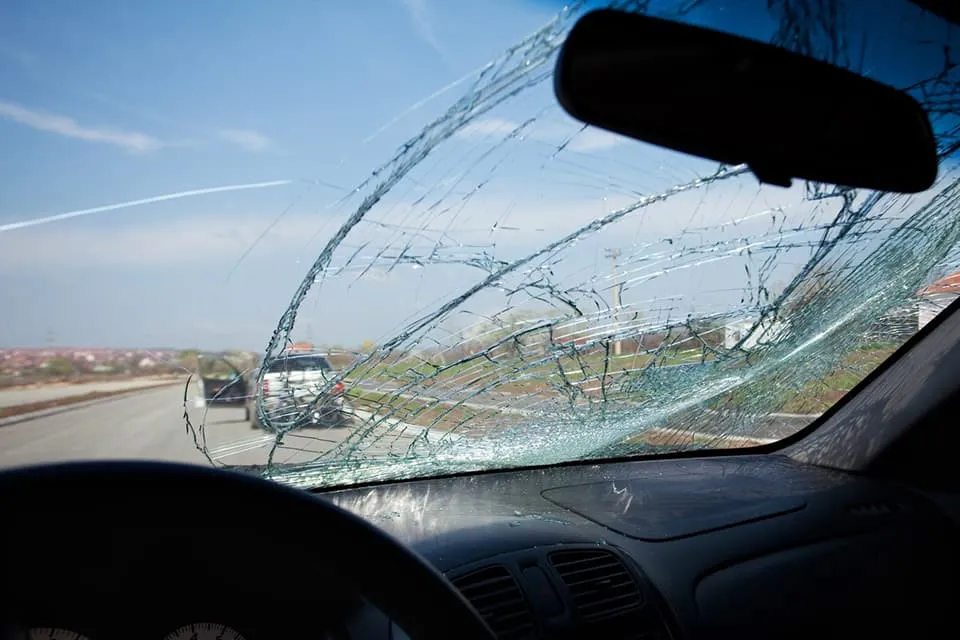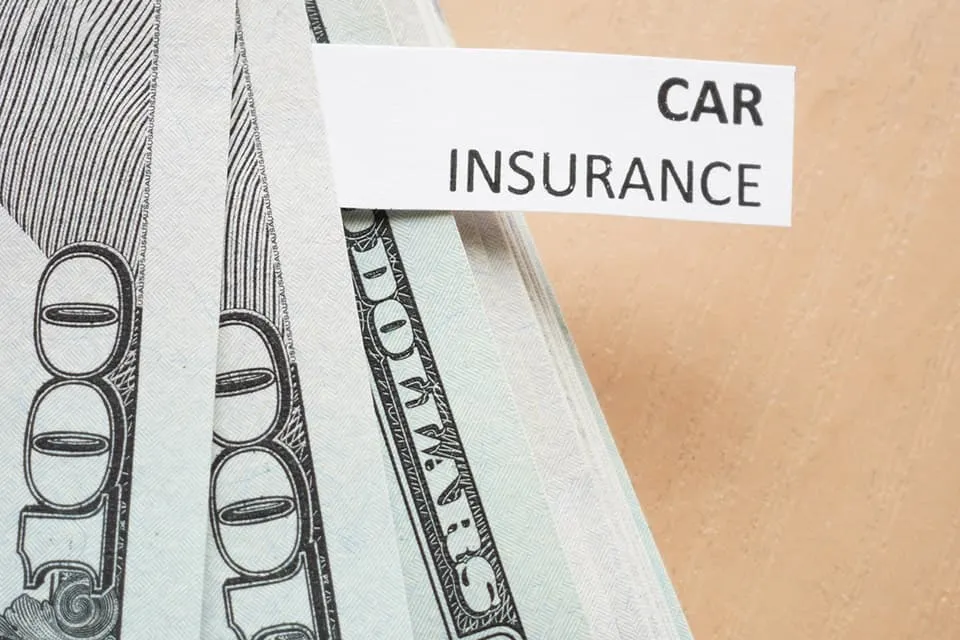- Comprehensive Insurance Coverage
- What Is Comprehensive Car Insurance?
- What Does Comprehensive Insurance Cover?
- How Much Does Comprehensive Car Insurance Cost?
- Is Comprehensive Insurance Worth It?
- Do I Need Comprehensive Insurance on an Old Car?
- Is Comprehensive Insurace Full Coverage?
- Comprehensive Car Insurance Adds an Extra Protection
Comprehensive Insurance Coverage

Knowing which type of car insurance to get can determine how much you'll pay each month for your policy and what type of coverage you'll receive for a claim. While liability insurance is the bare minimum required by most states, many drivers find they need a bit of extra coverage to feel comfortable. For those that want this extra piece of mind, comprehensive coverage is often a good addition to their base-level coverage.
What Is Comprehensive Car Insurance?
Comprehensive car insurance is a type of coverage that protects against damage to your vehicle that is not related to a collision or accident. This means it covers incidents like extreme weather, theft, vandalism, and damage from animals. Unlike collision insurance, which covers damages from crashes, comprehensive insurance covers these non-collision events. The only time comprehensive coverage isn't optional is when you have a lease or loan that requires additional coverage. Depending on the terms of your agreement, you may have to retain comprehensive insurance to continue legally driving your vehicle.
What Does Comprehensive Insurance
Cover?

In simple terms, comprehensive car insurance covers most types of damage resulting from non-collision-related accidents. This sets it apart from liability insurance, which covers the other driver in case you are at fault during an accident, and collision insurance, which covers your vehicle's damage after a collision. Depending on the insurance company you do business with and the exact terms outlined in your policy, comprehensive auto insurance coverage can include damage resulting from:
- Fire
- Vandalism
- Theft
- Animals (If you accidentally hit an animal or one attacks your car)
- Civil Disturbances
- Natural Disasters (Hurricanes, earthquakes, tornadoes, etc.)
- Falling objects (Trees, rocks, etc.)
- Glass-related Damage
Comprehensive insurance coverage will not cover any damage related to a collision, including interior or exterior damage to your vehicle or any other involved parties, medical expenses resulting from injuries, legal fees relating to an accident, or loss of income. In addition, this type of insurance won't cover the cost of property stolen from your car, only the damage incurred to your vehicle during the theft itself.
How Much Does Comprehensive Car Insurance Cost?

How much your individual policy will cost depends on several factors:
- Where your car is driven
- The type of car you drive
- Your credit history
- The information on your vehicle history report
- Your age, sex, and marital status
- Your deductible
Average comprehensive car insurance cost, which includes liability, comprehensive, and collision insurance, was around $1,630 per year in 2023. This makes the average monthly payment $136. The last available data on average comprehensive insurance rates comes from the National Association of Insurance Commissions in 2019, costing $170 per year. How much you pay may be higher or lower depending on what additional coverage you choose and the factors listed above. If your vehicle history report reveals that your car was ever salvaged or declared a total loss, you may be paying a much higher monthly premium.
Is Comprehensive Insurance Worth It?
Comprehensive coverage can be worth it, depending on your type of vehicle, what you use it for, and where you most frequently drive. Comprehensive insurance is most likely worth the cost if you live or drive in an area with frequent hazards like falling rocks, fire, flooding, or extreme weather like hurricanes and tornadoes. The same is true if you live in an area with a high property crime rate. If your neighborhood deals with frequent car break-ins, it may give you peace of mind to get this type of coverage. Areas with high vandalism rates would also benefit from comprehensive insurance coverage, as would those that frequently see civil disturbances like riots.
This is especially important for more expensive vehicles; your repair costs will usually be much higher with an exotic or high-value car. Having comprehensive car insurance can help offset the financial burden after damage occurs. This situation is slightly different if you have an older car, as the depreciation process will change your insurance requirements.
Do I Need Comprehensive Insurance on an Old Car?
For the most part, you don't need comprehensive insurance on an old car. Whether or not you should keep your comprehensive insurance can be calculated with a simple formula:
10% of your vehicle's value - your deductible < your premium cost
So if 10 percent of your car's market value, minus your deductible, is less than the cost of your premiums, it's probably time to drop your comprehensive insurance. This isn't a hard and fast rule; if you live in an area with risk factors that make the coverage worthwhile, it makes sense to keep it. Comprehensive insurance is usually affordable, and if it fits into your budget and serves a purpose, there's nothing wrong with continuing to receive that coverage.
Is Comprehensive Insurace Full Coverage?
Comprehensive insurance coverage is not the same as full coverage, but it is included when you get full coverage insurance. Full coverage also includes the minimum insurance required by your state, which is most likely liability coverage. With full coverage, you'll be covered for everything comprehensive insurance covers (non-collision-related damage) in addition to collision insurance. This means that your car will be covered in the case of an accident. Your insurer will pay your repairs once you meet your deductible. Combined with liability insurance, which pays for the repairs of any vehicle you collide with, all three of these different coverage types make up a full coverage policy.
Comprehensive Car Insurance Adds an Extra Protection

While it isn't always practical to add on additional costs, comprehensive insurance can be a money-saver in many situations. If you live in an area that frequently deals with natural disasters or high crime rates, this type of coverage can save you hundreds or thousands of dollars. If your car is older, or you most frequently drive in safer areas, then the extra cost may not be justified. But for most drivers, comprehensive insurance coverage is an affordable way to get valuable additional protection for their vehicle.
- Comprehensive Insurance Coverage
- What Is Comprehensive Car Insurance?
- What Does Comprehensive Insurance Cover?
- How Much Does Comprehensive Car Insurance Cost?
- Is Comprehensive Insurance Worth It?
- Do I Need Comprehensive Insurance on an Old Car?
- Is Comprehensive Insurace Full Coverage?
- Comprehensive Car Insurance Adds an Extra Protection
FREE Vehicle Search
- Accidents
- Problem Checks
- Title Records
- Recalls
- Values
- Specs
-
InfoPay, Inc. (dba GoodCar) is an Approved NMVTIS Data Provider
-
-































